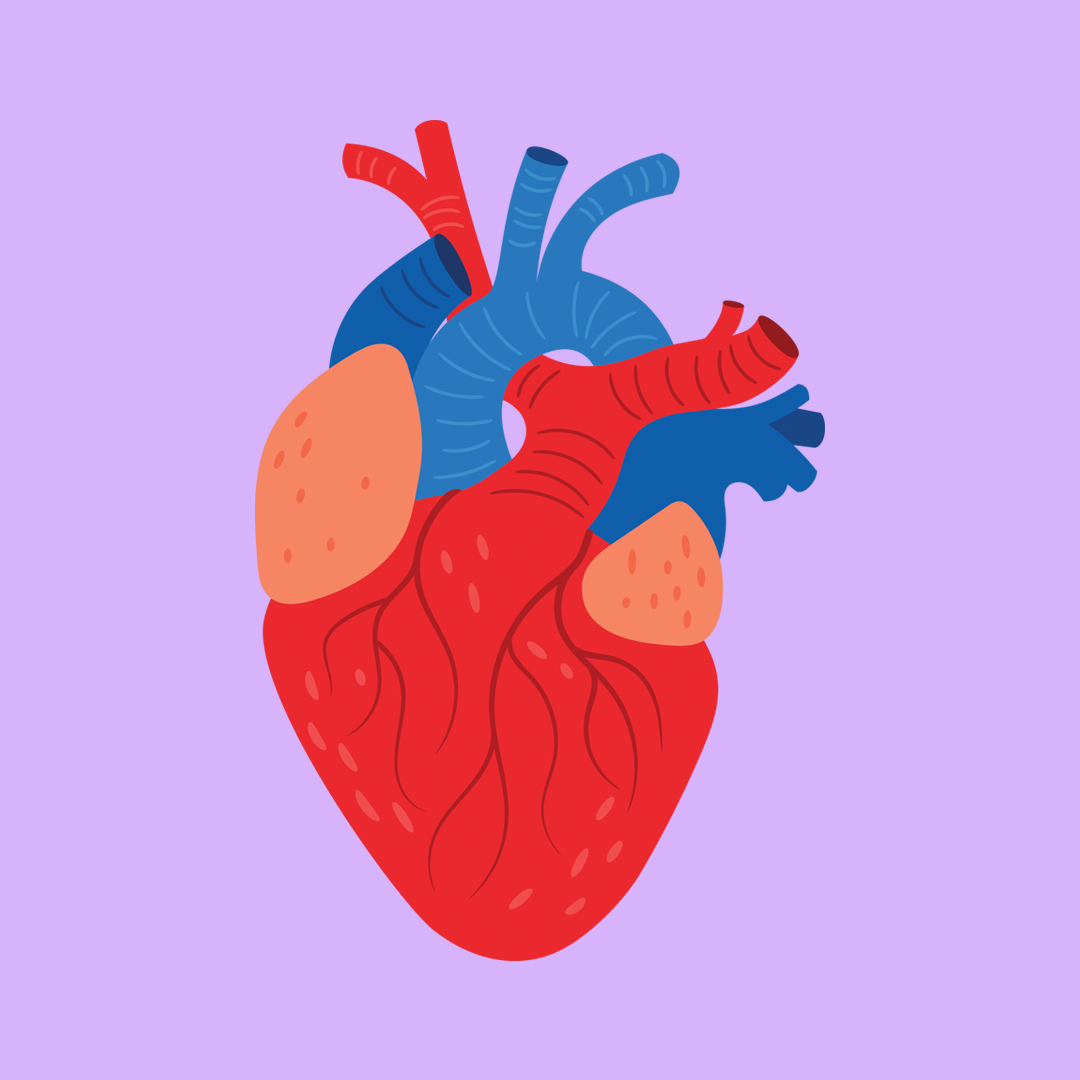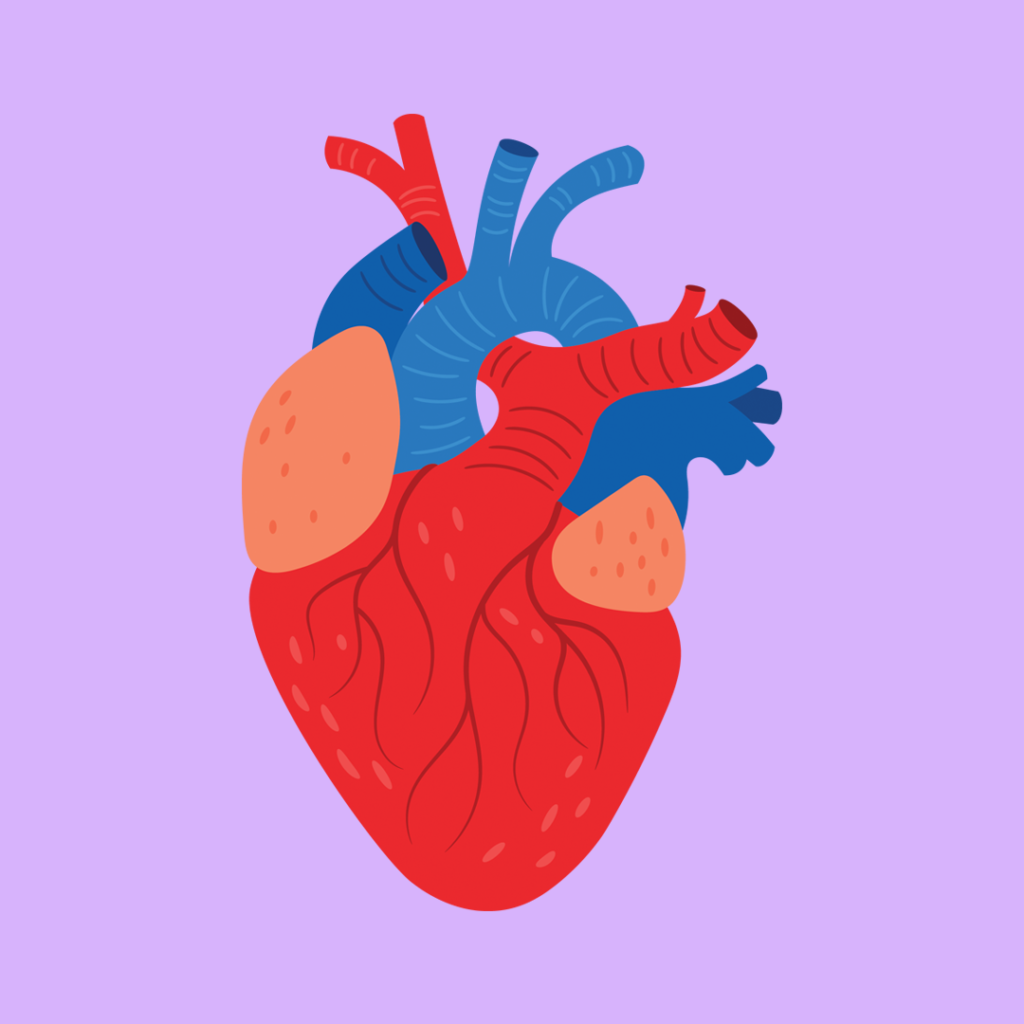Zinc: Your heart's protector against cardiovascular disease

Questions answered in this article:
Your heart is responsible for many critical functions. Every second of the day, it is working hard to send nutrients to each of your cells, and makes sure unwanted waste products (like carbon dioxide) are removed. As an irreplaceable player in keeping our bodies alive, our heart health could use a little extra love.
The risk of cardiovascular disease (CVD) is a common concern for most people as they age. But this chronic disease does not happen overnight, and there are some preventative actions you can take to maintain a healthy heart. This includes following regular physical activity, a well-rounded diet, and prioritizing one important nutrient: zinc.
Before we get into how zinc can help support your heart health, let’s understand how to spot the signs and symptoms of an unhealthy heart.
Defining cardiovascular disease
According to Health Canada, cardiovascular disease is defined as a build-up of plaque in the heart’s arteries. If an artery gets blocked and restricts blood flow, it can lead to a fatal heart attack, stroke or heart failure. Because every organ is connected through these heart vessels, the lungs, brain, kidney and other organs’ functions can become suboptimal, even in mild and moderate cases.
Factors that increase the risk of heart disease
When you’re on a journey to support your heart, it’s important to know what factors can increase your risk of getting heart disease as well as lifestyle habits that lead to an unhealthy heart. This includes:
- Diabetes
- High blood pressure
- High cholesterol
- Lack of exercise
- Diet high in processed foods
- Excessive alcohol use
Cardiovascular disease symptoms to watch out for
Heart disease often creeps up quietly. That’s why knowing how to recognize that your heart needs immediate attention can help you take action to protect your heart. Here are some common symptoms to look out for:
- Fainting
- Chest pain
- Shortness of breath
- Heart palpitations
- Fatigue
- Nausea and vomiting
- Dizziness
Protecting your heart with zinc
Zinc and oxidation
Excess cholesterol is often thought to be behind blocked arteries. But did you know the body naturally wants to send cholesterol to the arteries? Low density lipoproteins (LDL) are responsible for bringing cholesterol (fat) deposits around your body to build new cells.
But when too much of this cholesterol becomes oxidized, the risk of heart disease increases. Though oxidation is a natural process, it is usually balanced with antioxidants, which neutralize the oxidation. Without enough antioxidants in the body, too much of the cholesterol in the arteries can become oxidized and contribute to dangerous plaque buildup.
When this happens, it can lead to increased oxidative stress in the arteries. The cells lining the arteries, known as endothelial cells, can die and weaken the arteries. Weak arteries and plaque buildup are a deadly combination and can lead to fatal blood flow restrictions.
To prevent blood restrictions from happening, your body makes use of one of the most efficient antioxidants – zinc! This powerful mineral neutralizes oxidation and is an active fighter against excessive plaque buildup! Having adequate zinc levels has a protective effect in maintaining the health of endothelial cells and helps the artery walls stand strong against plaque.
Plus, one of the genes that regulates inflammation is mediated by zinc. Less inflammation results in less chance of oxidation. This is why having low levels of blood zinc is associated with a higher risk of heart failure and attacks, while consuming more zinc is associated with a lower risk of CVD. It’s no coincidence that zinc levels decrease with age, and increased age is associated with increased risk of CVD.
Zinc and cholesterol
Pairing your cholesterol-lowering medicine with heart-supporting nutrients can offer a holistic approach to cardiovascular care. Zinc supplementation in particular has been shown to significantly reduce total cholesterol, LDL cholesterol and even triglycerides. That means zinc has the potential to protect the heart from cardiovascular disease.
Ensuring you have sufficient zinc
Eating zinc-rich foods
Although the most bioavailable food sources of zinc are meats, eggs and seafood, vegans and vegetarians can still get their zinc through plant-based proteins such as beans, seeds and lentils. Add these foods to your daily meals for optimal zinc levels!
Supplementing with zinc
If you are concerned about reaching your zinc goals through diet alone, the best approach is to consider adding in a zinc supplement as well. CanPrev’s Zinc Bis-Glycinate-25 offers 25mg of highly bioavailable zinc to reduce the risk of high cholesterol and weak arteries. It’s a convenient way to ensure you are getting adequate protection against heart complications!
